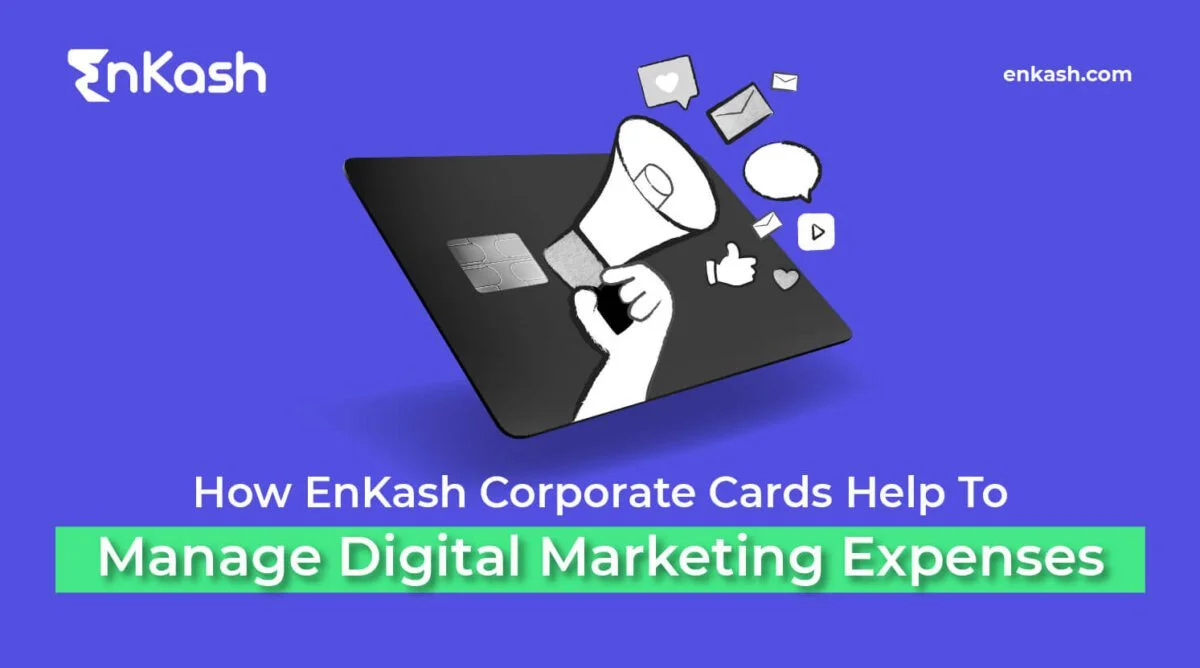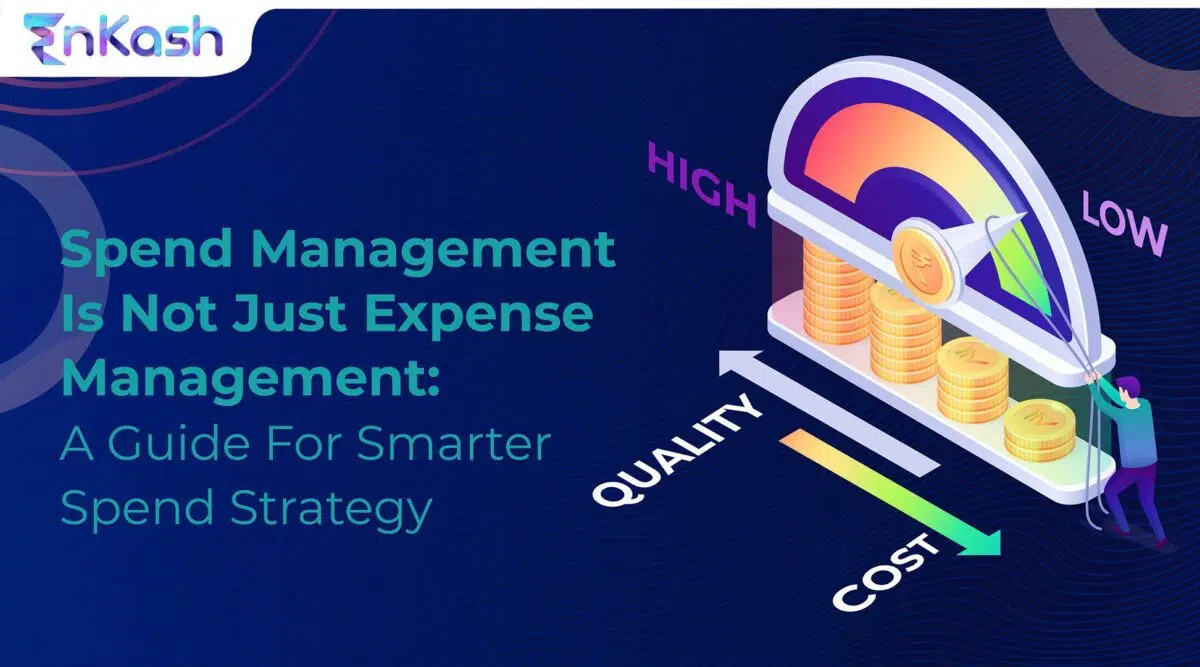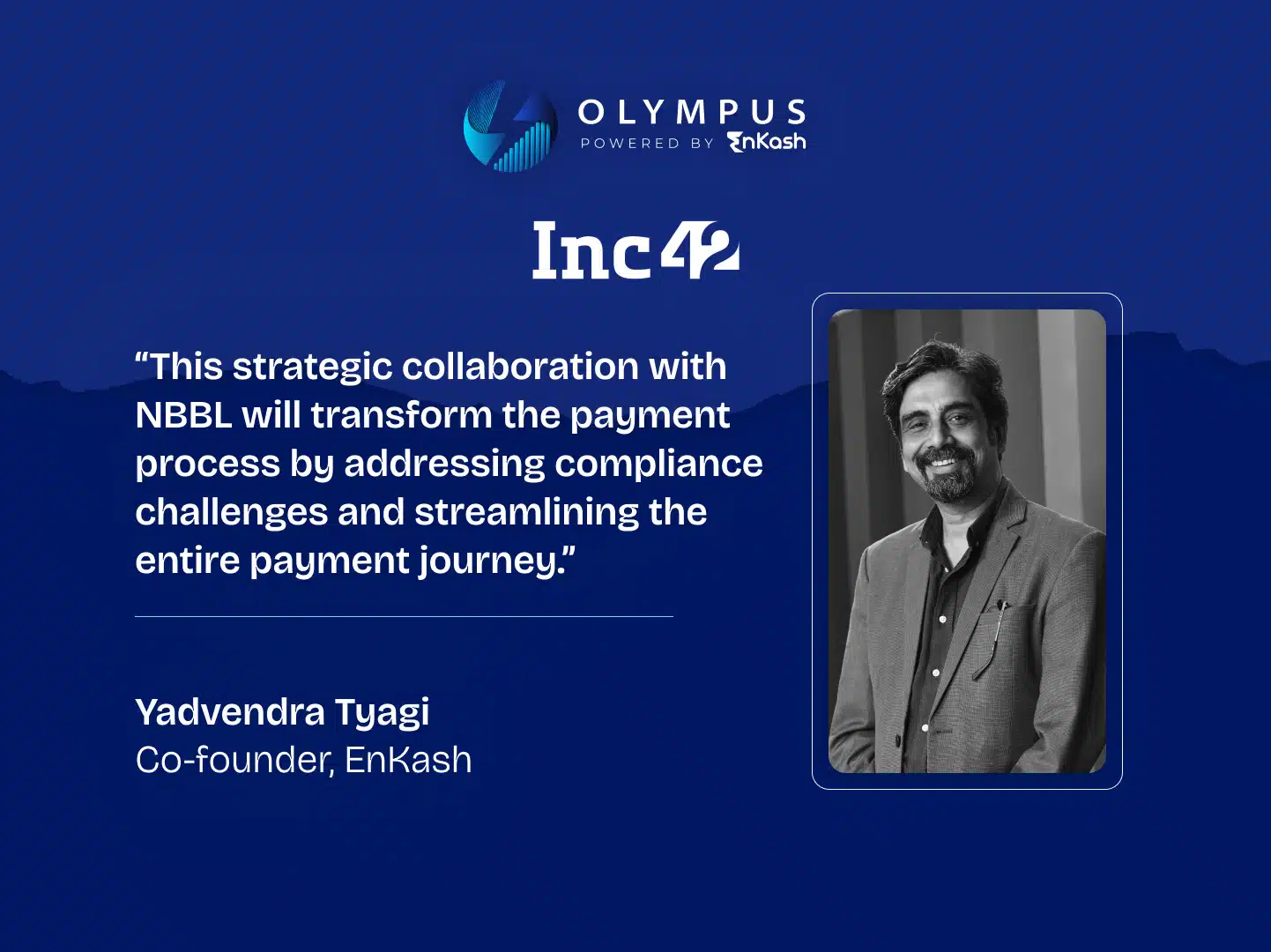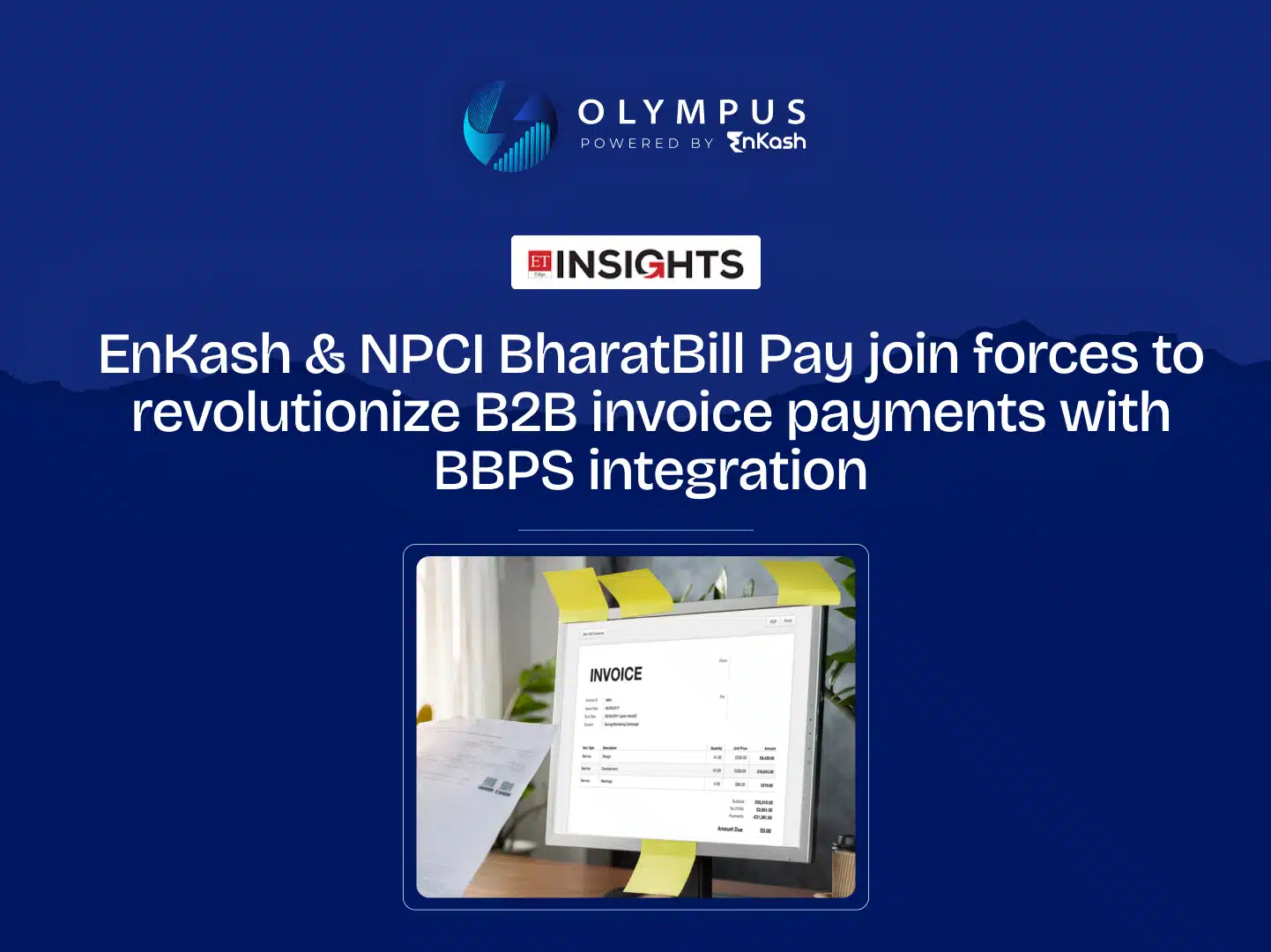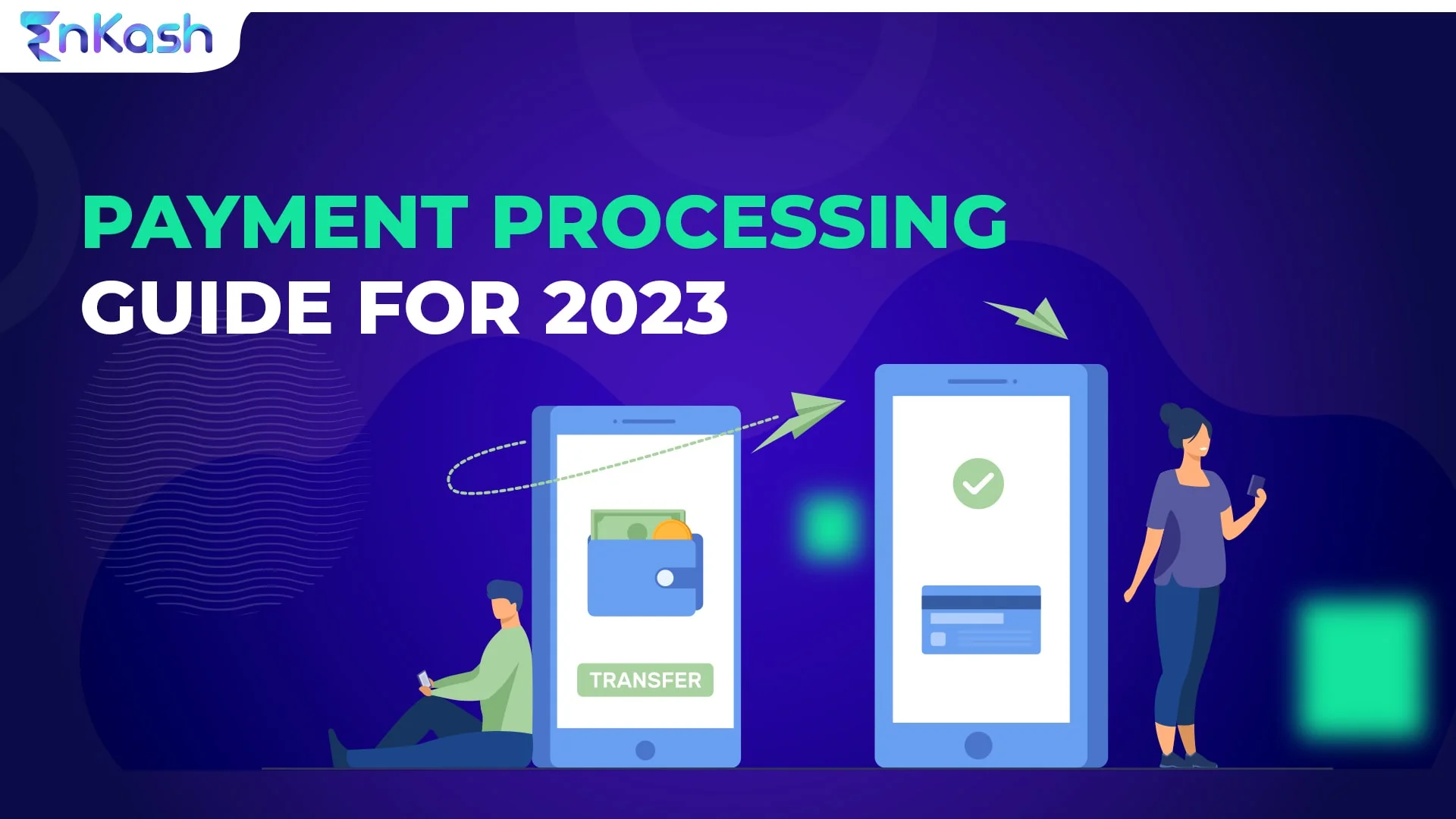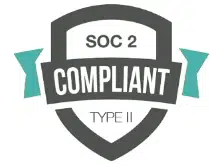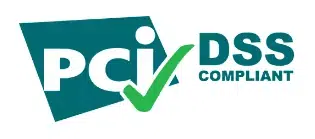A business owner needs to perform numerous tedious tasks for the smooth and efficient functioning of their business. Whatever the type of business you own, making your customers buy the products is not as simple as it sounds. In addition, opting for payment processing to verify and confirm the transactions takes much time and research.
Here is a detailed payment processing guide for you to explore.

What is payment processing?
A credit card transaction might seem simple and seamless, but it involves numerous steps. Payment processing refers to the services that help to expedite the card transaction and payment gateway securely so that money can be transferred from the customer’s account to the merchant’s account. A payment processor helps to conduct a business transaction between you and your customers. Several players are involved in making the transaction seamless. Here are some of them:
With an online API platform, you can expect enhanced security, comfort, and ease for the user. The payment processing industry is ever-evolving, with innovations happening every other day.
A corporation known as a payment processor manages transactions so that your customers can purchase your goods. This indicates that both your bank and your customer’s bank receive information from the payment processing business about your customer’s credit or debit card. The transaction will be completed if your customer’s card is valid and has enough balance within a few seconds.
The payment processor verifies security precautions, such as validating the customer’s card information. It is the responsibility of the payment processing business to make sure that fraudulent practices don’t occur.
In addition, the payment processor will take care of the transaction if a consumer dispute and supports your claim that you charged them improperly. However, that does not imply that they will work for nothing. Of course, the customer won’t be charged, but your business will be. Therefore, your business will pay a fee for transferring money from your account to the payment processor and back to the customer’s account if you unintentionally make a mistake during checkout or if a customer returns an item because they are dissatisfied with it.
Working on payment processing
Credit card transaction looks quite simple, but it involves numerous steps. Likewise, the process that occurs behind the transaction seems complex. Here’s a detailed guide that you might explore for purchasing through the API marketplace. Keep scrolling through to learn the steps that are involved in the API platform –
Step 1: When you place an order, the cashier will offer you the bill, and you will present the payment method, whether in-store or online. The payment methods at the time of purchase can be debit or credit card, cash, and UPI.
Step 2: Once you provide the payment information for the purchase, the payment gateway will accept or reject it. However, the processor manages the transaction by smoothly obtaining card information (credit card or debit card) from the customer’s issuing bank to send to the merchant account.
Step 3: The payment processor is a shuttle to transfer information from the credit card issuing company to the merchant’s account.
Step 4: The payment processor moves funds from the issuing bank to the merchant account by verifying card security and facilitating the payment transfer.
Step 5: The payment processing business allows money to transfer from the issuing bank to the merchant account after a credit card transaction is processed and accepted.
These are some of the steps that are involved in the payment platform as a service. It happens quickly and swiftly in a matter of a few minutes. Here are the emerging payment processing trends for 2023 that you must look out for.
Emerging payment processing trends for 2024
1. Open Banking Open banking unlocks a new era of financial services by allowing secure data sharing between banks and third-party providers. This opens doors for: Personalized payment solutions: Tailored financial products and services based on individual spending habits and preferences Seamless integration: Easy access to financial data through platforms like budgeting apps and investment tools New payment methods: Innovative payment solutions like instant transfers and account-to-account payments facilitated by third-party providers
2. Mobile Wallets
Mobile wallets have become an integral part of our everyday lives. Mobile wallets or e-wallets are projected to see massive adoption and transactions are expected to reach up to $929.8 billion in 2024. Mobile wallets offer many functions like: Contactless payments: Tap and pay for purchases at physical stores, eliminating the need for cash or physical cards Peer-to-peer (P2P) payments: Send and receive money instantly to friends and family through mobile apps In-app purchases: Seamlessly pay for goods and services within apps and websites, eliminating the need to enter card details every time
3. Embedded Finance
Embedded finance integrates financial services directly within your existing business platform. Imagine: Buy Now, Pay Later (BNPL) options directly at checkout: Customers can access credit within your platform without needing external applications Automatic bill payments: Schedule and automate recurring payments within your platform for convenience and improved cash flow Microloans and insurance: Access tailored financial products directly linked to your platform’s activity and user data
4. Cryptocurrency Payments The growing acceptance of cryptocurrencies like Bitcoin is paving the way for: Faster and cheaper international transactions: Cryptocurrency payments can bypass traditional banking systems, reducing fees and processing times Enhanced security: Blockchain technology offers a high level of security and transparency for transactions New customer segments: Reaching customers who prefer the convenience and anonymity of cryptocurrency payments
5. Real-time Payments Real-time payments enable immediate transfer of funds between accounts, bringing benefits like: Improved cash flow: Faster access to funds for businesses and faster settlements for customers Enhanced customer satisfaction: Immediate confirmation of payments, leading to a smoother user experience Reduced operational costs: Eliminating delays associated with traditional payment processing methods
Choosing the right payment processor
Consider these factors when selecting a processor:
Transaction fees: Different pricing models exist, compare options and choose the one best suited for your volume and type of transactions.
Supported payment methods: Ensure the processor supports your preferred payment methods and caters to your industry’s specific needs
Security features: Opt for a processor with robust security measures like PCI compliance and multi-factor authentication
International capabilities: If you serve international customers, choose a processor that facilitates cross-border transactions
Customer support: Reliable and responsive customer support is crucial for any issues that may arise
The bottom line
More quickly than ever, consumer spending and technology are going online. As a result, the capacity of business owners to use technology to remain productive will become more important as the work-from-home movement gathers more momentum. Additionally, any company handling money will require a strong cybersecurity programme to safeguard themselves and the consumers.
EnKash is best API platform and spend management platform that allows users to pay for their invoices instantly and without hassle. In addition, we offer the best and customizable platform as a service solution according to our client’s preferences and business requirements. So, what’s holding you back? Connect with us today on EnKash!























